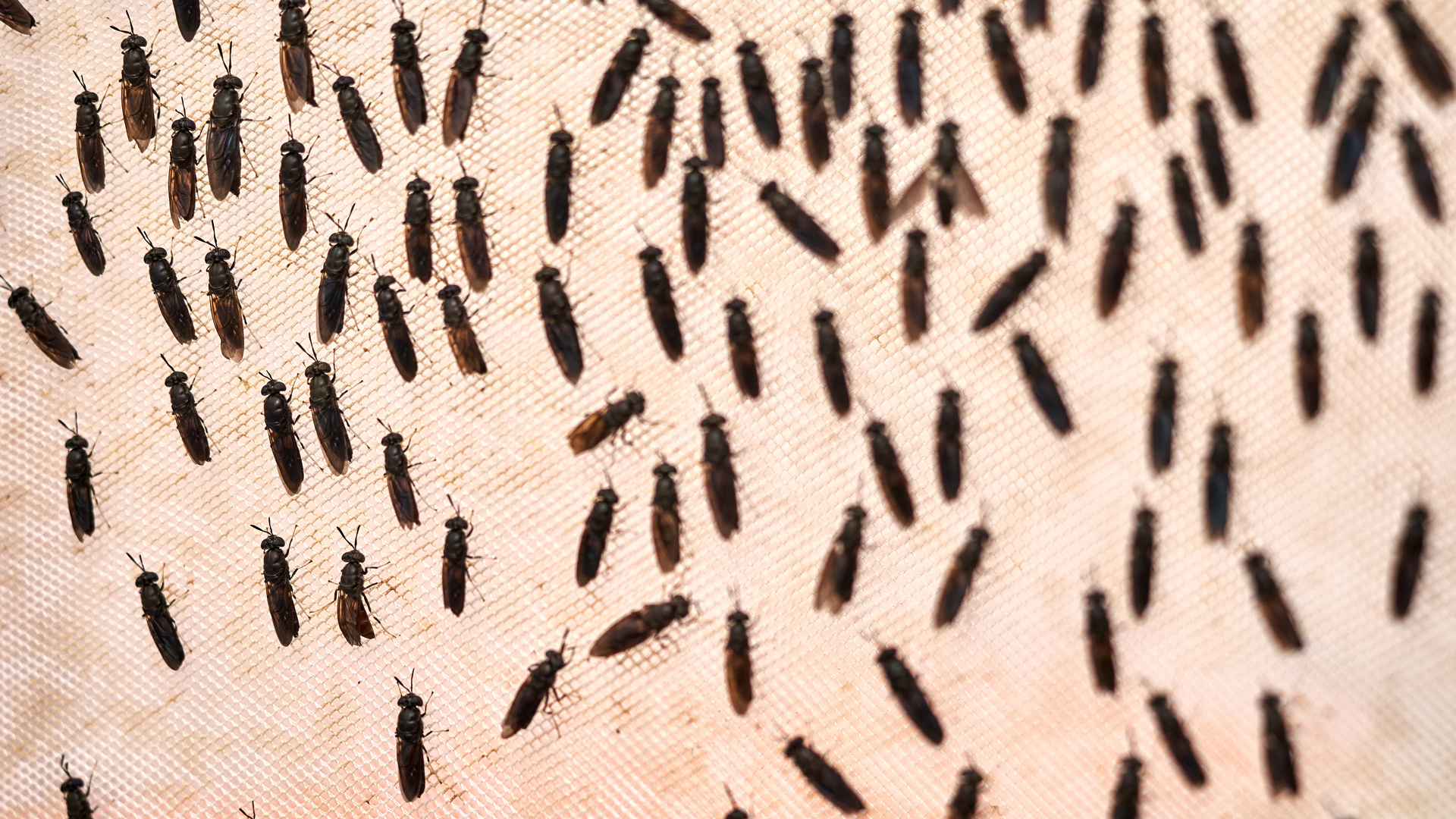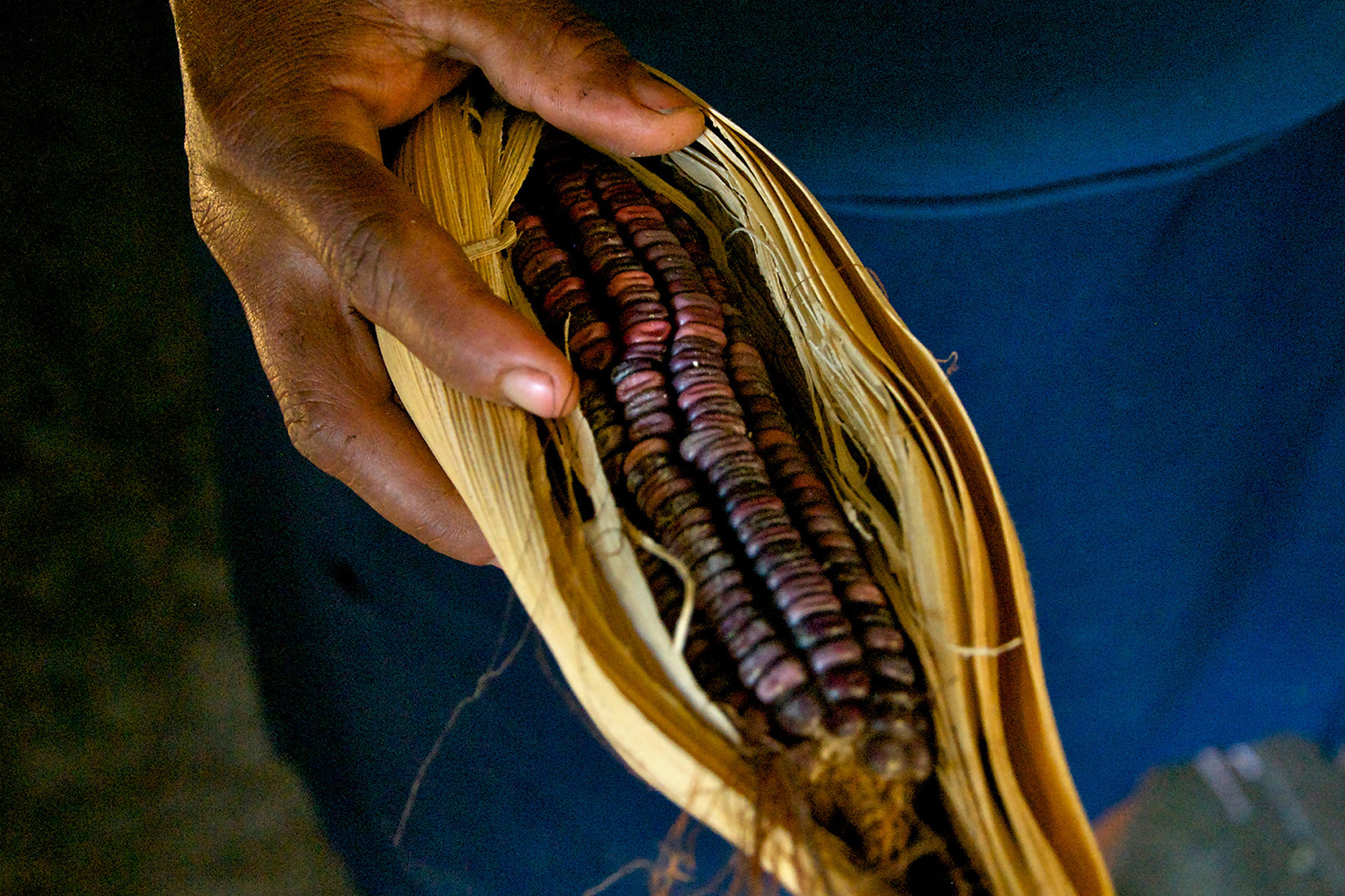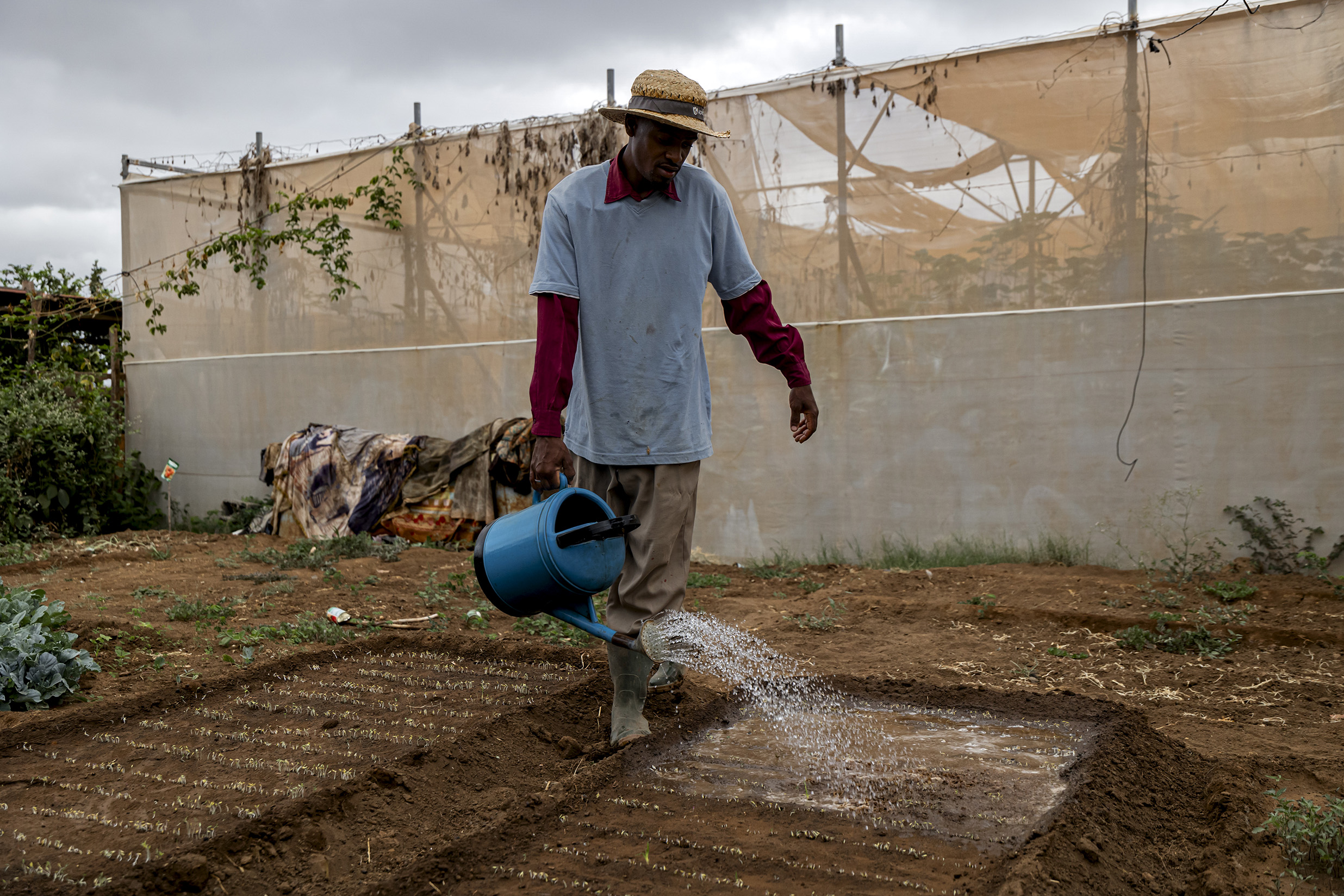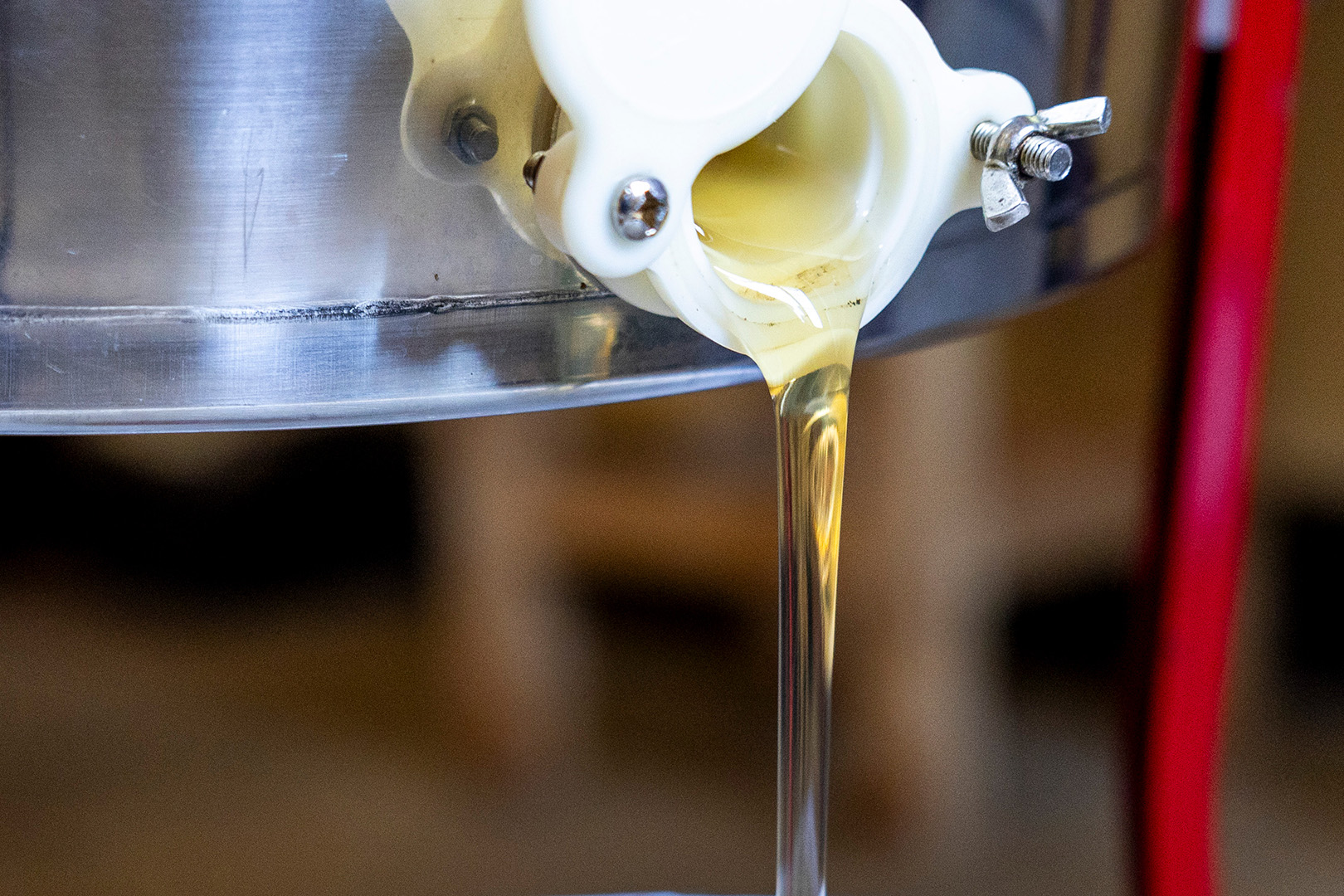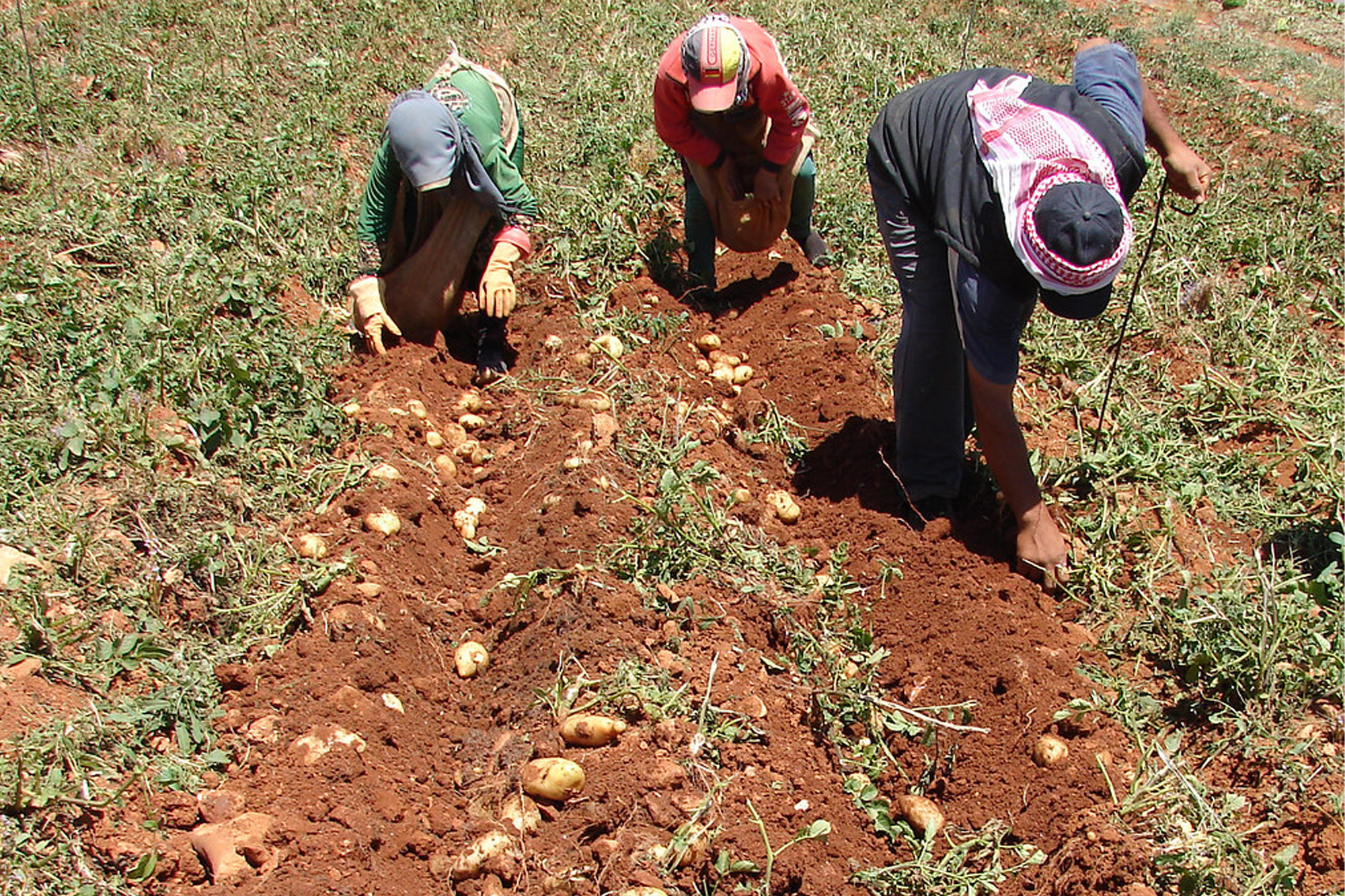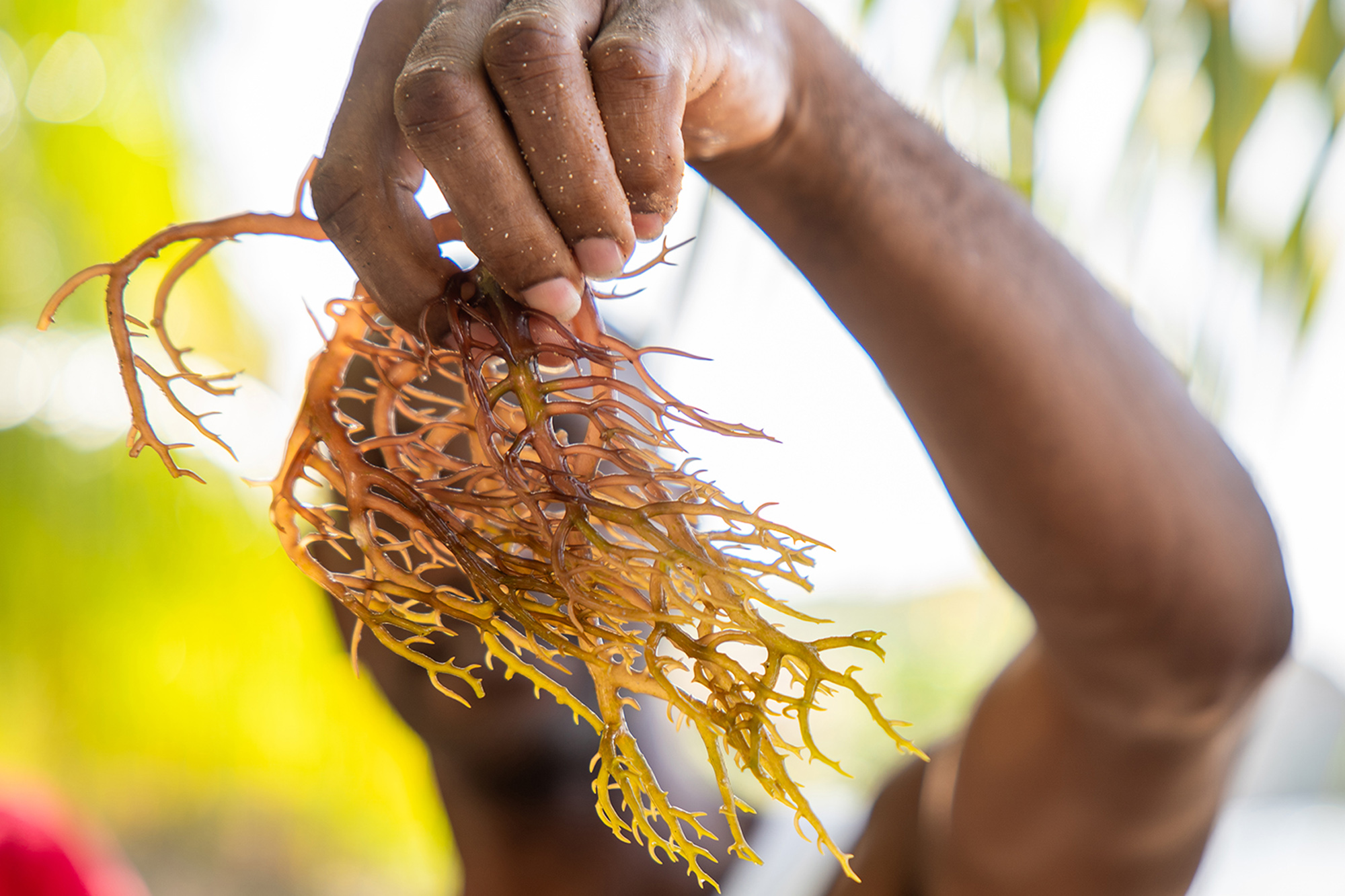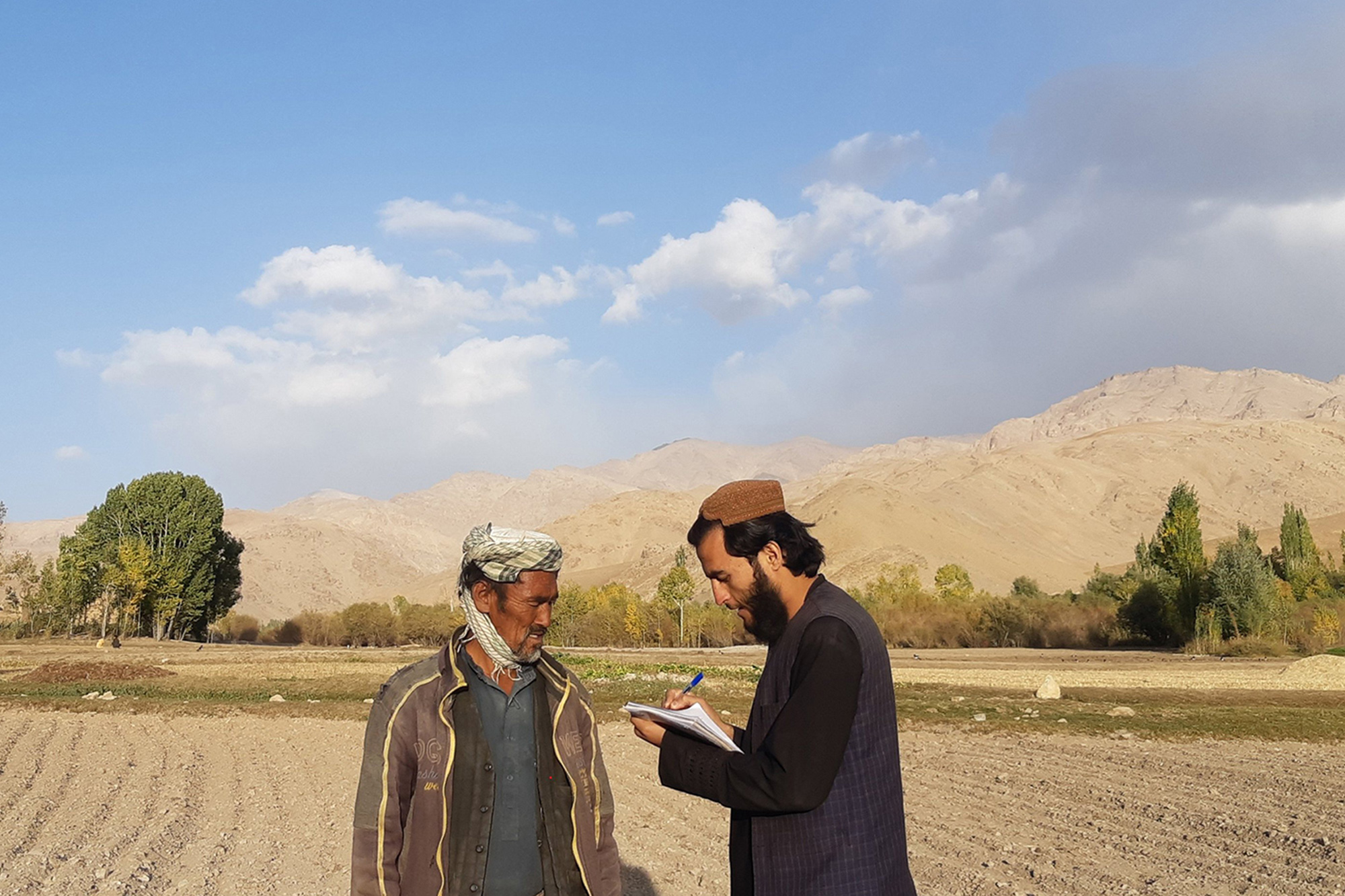Due to the decreasing availability of pasture brought on by worsening drought in the southern Gobi region, camels are producing less milk, causing difficulties for herders who rely on this for income and nutrition. The herder communities in Mongolia, traditionally, do not feed their camels with any supplemental feed and only hand-milk their camels. But now with the knowledge and resources from An EU-funded project, implemented by FAO, camel herders have witnessed the increased production in milk from supplemental feed. Milking equipment has also increased quality in milk production.
FAO
In Albania, agritourism is flourishing, driven by the stunning Vjosa Wild River National Park and its untamed river valleys. The Lile family farm and restaurant, located near the Bënja thermal baths, offers Albanian and Greek cuisine, wine, and traditional raki. With tourism doubling from 2016 to 2023, there’s a growing demand for quality local food and services. By fostering agritourism, Albania aims to create market opportunities and boost rural development, addressing interrelated sectors like agriculture, tourism, and culture. FAO is supporting the country’s vision for improving its agrifood system and increasing prosperity in rural areas.
Ariljska malina, a plump, vibrantly coloured raspberry, is one of Serbia’s crown jewels. Farmers in the region developed a now decades-old growing and harvesting technique that, along with the area’s microclimate, contributes to the raspberry’s taste and quality. The raspberry is the area’s only commercial product, driving the area’s economic development. It is also one of more than 9,000 geographically protected foods worldwide, with geographical indication (GI) status. FAO and EBRD support to producers helps ensure continued promotion and protection of these products.
Every year, June 18 marks Sustainable Gastronomy Day. Sustainable gastronomy emphasizes the mindful sourcing, cultivation, and distribution of ingredients, ensuring that food production and consumption practices are environmentally responsible and capable of enduring into the future.
In early 2023, Abidjan, Côte d'Ivoire, faced a growing organic waste problem. The city reached out to the Food and Agriculture Organization of the United Nations (FAO) for help. FAO's project, BioDAF, aimed to turn organic waste into a resource using the Black Soldier Fly. The idea was to get the flies to mate, give their offspring tons of garbage to eat, and then dry the larvae to use as either feed for livestock or powdered food for fish farms. The project received funding from FAO’s ELEVATE programme, which supports innovative agricultural solutions.
Blessing Andrew is a veterinary animal health worker in Nigeria and the sole practicing female veterinary paraprofessional (VPP) in Sanga, southern Kaduna State. Despite challenges such as questioning her competence and being paid less than her male counterparts, she was motivated to continue her career after receiving training from the Food and Agriculture Organization of the United Nations (FAO) and Ahmadu Bello University’s College of Agriculture and Animal Science. The training focused on reaching women and promoting gender-responsive approaches to animal health.
Climate change and prolonged droughts pose an ever-increasing threat to agriculture in Cabo Verde.Through the FAO-China South-South Cooperation project, a group of Chinese experts pass on their knowledge and expertise to Cabo Verdean farmers and livestock producers to fight pests, manage soil and animal production, and offer other useful techniques in adapting to the effects of climate change.
Mexico's traditional multi-crop farming system, known as milpa, is vital to agrobiodiversity. It is the opposite of monoculture, with each family growing a variety of nutritious crops. However, the continued expansion of large-scale intensive farming practices is making communities more vulnerable to natural and economic shocks. The Food and Agriculture Organization of the United Nations (FAO) and other organizations are working to revive these traditional practices and promote diverse, nutritious foods to address nutrition and food security issues in Mexico.
Potatoes are a key crop across agrifood systems globally, ranging from smallholders producing diverse heirloom varieties by hand in the Andes, to vast commercial, mechanized farms in different continents. As the third most available food crop globally, potatoes contribute to the food security, livelihoods and employment of people in rural and urban areas the world over. On 30 May, we spotlight the potato, Solanum tuberosum (L.) – a crop regularly consumed by billions of people.
The Day is an opportunity to build on the International Year of the Potato, which was observed in 2008.
In Cabo Verde, a Small Island Developing State, climate change has intensified the impact of droughts. Despite its name, Cabo Verde (“Green Cape”) faces a brutal dry season that turns it into shades of light brown. Farmers like Willy Gonçalves rely on desalinized water due to decreased precipitation. Willy, who took over from his neighbor Nena, manages a farm where he plants seedlings with love and determination. The increasing temperatures and water scarcity pose challenges, but Willy is coping with the help of training from the FAO-China South-South Cooperation (SSC) Programme.
For International Tea Day 2024, multi-hyphenate (actor-model-designer-entrepreneur) Waris Ahluwalia - who was born in Punjab, India - talks with his mother about the importance of tea in their lives.
FAO’s One Country One Priority Product initiative supports beekeepers and honey producers in Rwanda and Viet Nam. The project modernizes beekeeping, replacing conventional beehives with rectangular structures, boosting honey production and improving beekeepers’ earnings. As part of the initiative FAO champions environmentally sustainable practices aimed at reducing dependence on harmful chemicals and cultivating a harmonized ecosystem. Meanwhile, community awareness programmes encourage those living near apiaries to appreciate the importance of bees and pollination and dissuade people from exterminating them as harmful pests.
Potatoes are an important component of strategies to provide accessible and nutritious food and improved livelihoods in rural and other areas where natural resources, especially arable land and water, are limited and inputs expensive. The crop's versatility and ability to grow in a variety of conditions make it an advantageous crop choice. In 2024, we celebrate the first International Day of Potato (30 May) by focusing on the contribution of the potato to the lives of producers and consumers with the theme: Harvesting diversity, feeding hope. #InternationalDayOfPotato.
On the small Caribbean Island of Dominica, there is a species of wild sea moss, or red algae, called Gracilaria that locals have traditionally farmed and used to make drinks, gels and other products. But this slow-growing variety has caused production and supply challenges for its farmers, leading to a reliance on imports of other varieties from neighboring islands to meet local demand. A solution to the problem came in the form of Eucheuma cottonii, a commercial sea moss species offered up as part of a Food and Agriculture Organization of the United Nations (FAO) project. Despite occasional difficulties, sea moss remains high on the country’s aquaculture agenda due to its high-income earning potential.
On 7 October 2023, two 6.3 magnitude earthquakes hit western Afghanistan, causing loss of lives, injuries, and damages. 1,384 people died and more than 21,500 homes were destroyed, affecting around 154,000 people. The Food and Agriculture Organization of the United Nations (FAO) completed a rapid impact assessment of the damage caused to people, livestock, and crops within two days of the disaster, thanks to the Data in Emergencies (DIEM) Hub. DIEM combines remote sensing and primary data to provide a granular and rapid understanding of shocks, allowing for more informed and rapid responses.




